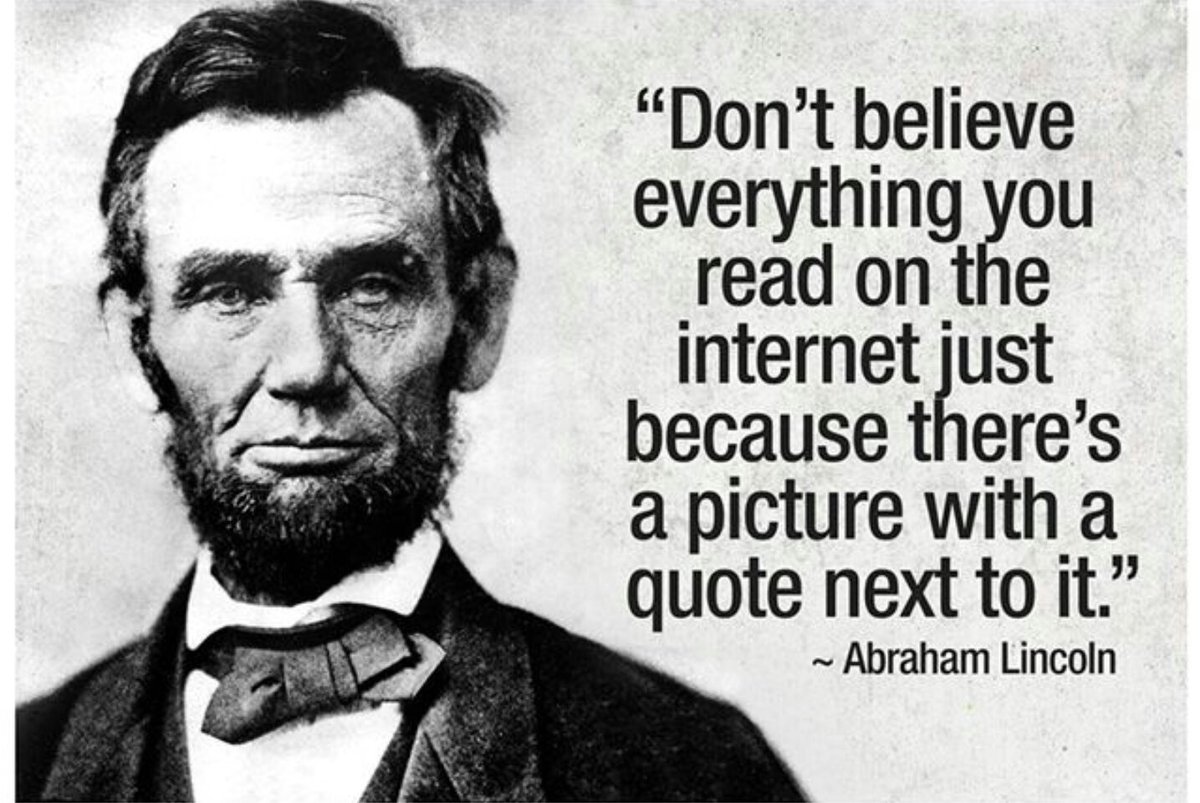
So you’ve planned your essay, narrowed your argument and structured it perfectly, but your work writing a great essay isn’t quite over yet! If we want to make our argument, and therefore our essay, as strong as possible, there are a few key things to avoid!
Unsubstantiated generalisations
This is one of the most common poor argument techniques that I see in student essays. An unsubstantiated generalisation is when we attempt to draw a conclusion about an entire group or an idea without any supporting evidence. We tend to do this when we make blanket statements that attempt to quickly summarise something. For example, ‘Australians all love a barbecue.’ You may think this is an efficient way of sharing an idea because everyone most people would agree that it’s true.
However, we can never say that something is true in 100% of cases unless we have solid data to suggest that it is. Instead, we can use language that allows us to suggest the majority, without discounting those who fall outside of our claim. Words such as ‘may’ instead of ‘is’, or ‘can’ instead of ‘will’, or ‘most’ instead of ‘all’ can help us here. So, I could rephrase my example to read, ‘Many Australians love a barbecue’.
Isolated individual examples
An isolated individual example is when we use a single anecdotal example to stand in for a whole. Basically, when our sample size is waaaaay too small! Typically, we do this when we rely on our own personal experience, or that of people we know, to support a claim. For example, ‘My grandfather smoked a pack of cigarettes a day for 50 years and never got cancer, therefore smoking doesn’t kill’. We must use evidence that is consistent, widely accepted, and replicable.
Note, this is different to when we use case studies as evidence. Case studies might refer to individuals, but they refer to individuals in specific contexts and within specific parameters. We also usually make clear links between case studies and much broader population samples.
Irrelevant or misleading information
We see this all the time in newspapers and on television. In fact, this has become so common now that you may recognise it as the term ‘fake news’. It’s really important to avoid irrelevant or misleading information in your essays – and not to be duped by misleading articles or information! In your own writing, this can include quoting someone out of context, incorrect paraphrasing, or cherry-picking data. For example, if an author has said, ‘The movie was awful, truly an unforgettable experience’, don’t quote them as saying the film was ‘an unforgettable experience’.
When paraphrasing, it’s important to ensure that you maintain the original author’s perspective and focus. Don’t misattribute arguments or findings to authors, even if it is something that they’ve said in their article. If it’s not the article’s main focus or argument, don’t imply that it is.
Cherry-picking data is when we only use data that is convenient for our argument, and ignore anything that might contradict it. So if you say 9 out of 10 doctors recommend using Colgate toothpaste, but ignore the fact that 9 out of 10 doctors recommend using any toothpaste, you’re misrepresenting the data.

There are a whole bunch of other argument techniques to avoid, and so if you’d like to read more about it, check out this blog, or have a look in Hay, Bochner and Dungey’s Making the Grade. I also love the Illustrated Book of Bad Arguments which is a great source if you want to learn argument techniques and have a love for furry animals!
References
Hay, I., Bochner, Dianne, Blacket, Gill, & Dungey, Carol. (2012). Making the Grade A guide to successful communication and study (4th ed.). South Melbourne: Oxford University Press.

